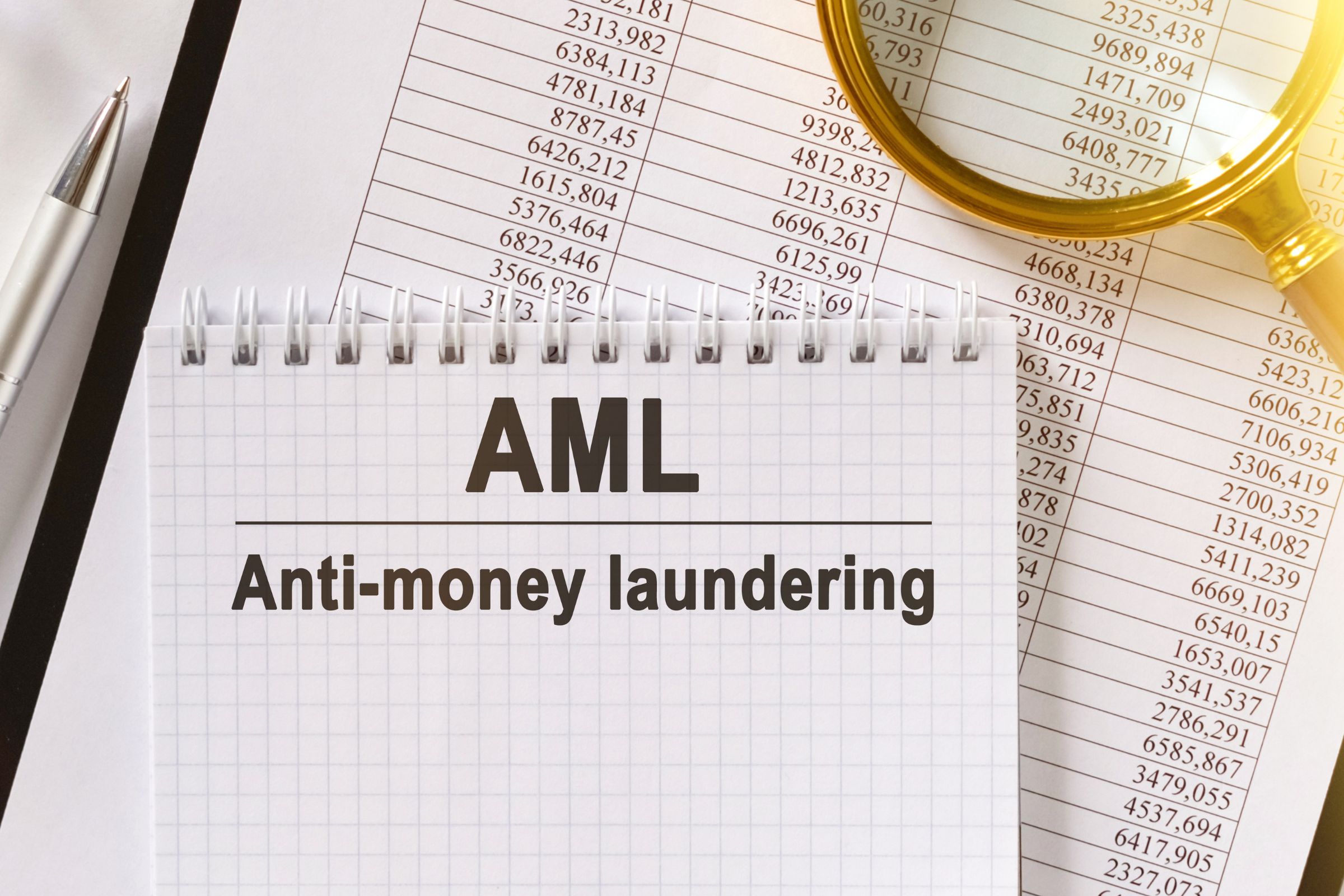In today’s regulatory environment, financial institutions face growing pressure to detect and prevent illicit financial…

Outsourcing Compliance Functions: Benefits and Best Practices for Financial Institutions
What Is Compliance Outsourcing?
Compliance outsourcing for financial institutions involves delegating core regulatory responsibilities—such as AML monitoring, audit preparation, regulatory filings, and training—to third-party providers. These third-party compliance providers offer scalable and tailored solutions designed to align with each institution’s structural and operational needs.
Key Benefits of Outsourcing Compliance Functions
Cost Efficiency
Engaging an external provider eliminates the need for full-time compliance staff, overhead costs, and investments in infrastructure—leading to substantial savings with continued access to expert knowledge.
Access to Specialized Knowledge
Expert vendors bring focused experience in regulatory compliance frameworks, SEC and FINRA requirements, and the latest industry best practices—enabling consistent and up-to-date oversight.
Scalable Compliance Support
Whether your firm operates in a major hub like in New York or serves regional clients in Pennsylvania, outsourced compliance support adapts to business growth and shifting regulatory scope without delay or disruption.
Improved Risk Management
A reputable provider offers objective oversight, early detection of compliance gaps, and built-in escalation protocols—enhancing overall risk mitigation for financial firms.
Operational Focus
By transferring compliance workloads to trusted partners, internal teams can direct their attention to revenue generation, client service, and strategic expansion.
Best Practices for Compliance Outsourcing
Conduct Thorough Vendor Due Diligence
Evaluate a provider’s credentials, track record, and regulatory references. Confirm they understand your firm’s size, regulatory exposure, and service mix.
Define Clear Service Agreements
Use service-level agreements (SLAs) to outline scope, deliverables, communication protocols, and reporting standards. Clearly define roles and accountability.
Maintain Oversight and Coordination
Even with outsourced support, internal oversight is crucial. Schedule periodic reviews and follow-ups to ensure alignment with business objectives and regulatory expectations.
Ensure Regulatory Alignment
Confirm the service provider stays current with evolving rules—such as the new Marketing Rule or upcoming SEC exam priorities—to support your institution’s long-term compliance readiness.
Establish Ongoing Collaboration
Successful outsourcing is dynamic. Frequent interactions, training, and feedback loops ensure the partnership stays aligned with changing business and regulatory needs.
Is Compliance Outsourcing Right for Your Institution?
Outsourcing compliance functions provides distinct advantages, especially for mid-size and small financial firms that may lack internal resources. Consider it if your institution is:
- Facing internal staffing limitations
- Expanding into new products or in new markets
- Seeking greater audit preparedness and more effective documentation
- Looking for flexible, scalable compliance solutions
Conclusion
Implementing outsourced compliance support can be transformative—allowing financial institutions to benefit from expert oversight, long-term cost efficiency, and reliable risk management. Embracing robust compliance outsourcing enables firms to strengthen their compliance posture while focusing internal efforts on innovation and growth.
Quadrant Regulatory Group offers practical guidance and turnkey solutions for firms evaluating this transition. From tailored compliance frameworks to independent risk reviews, we’re here to help your firm operate confidently in today’s regulatory environment.



